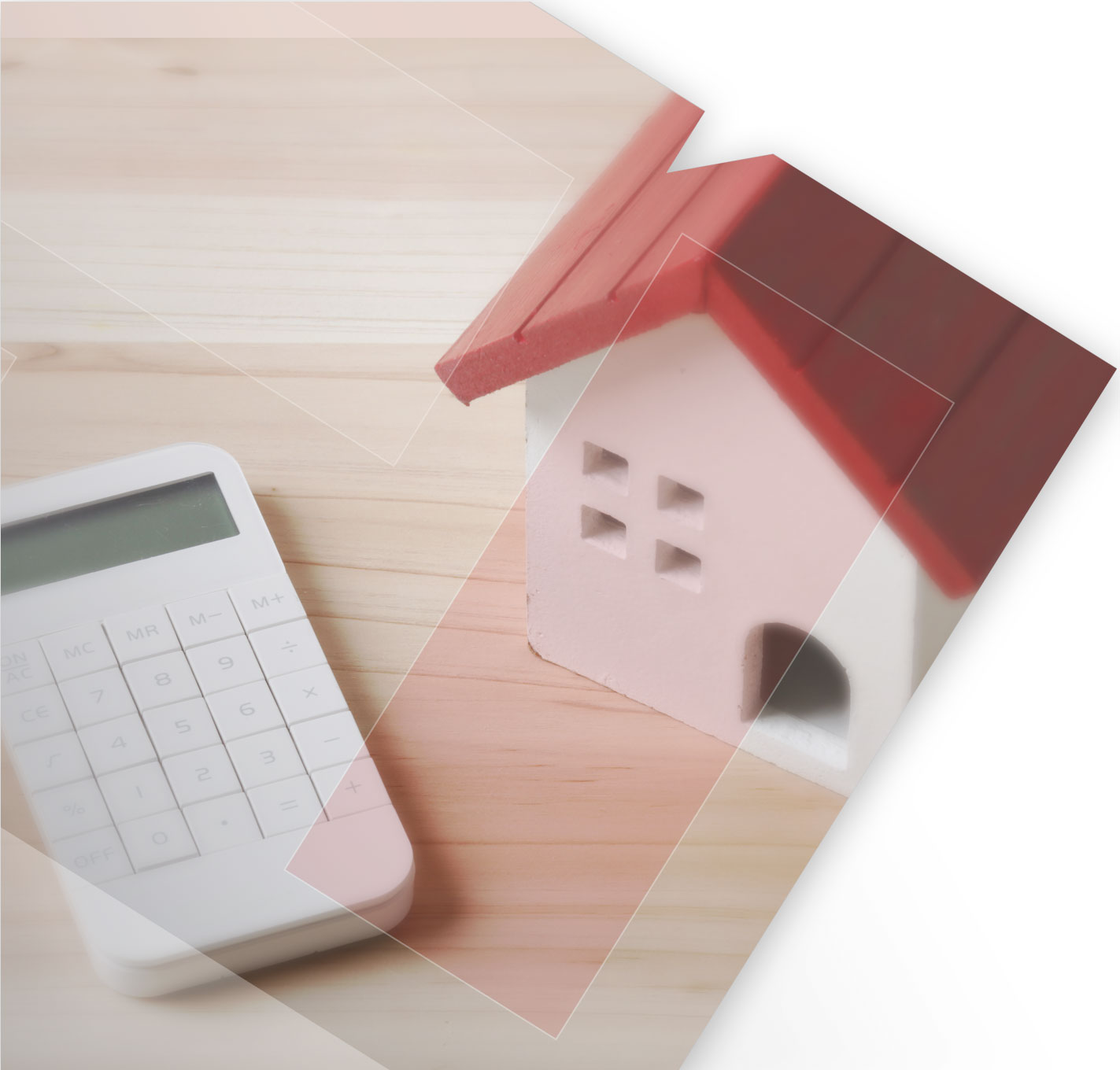A new home is a celebration of a lifetime indeed. When you have a roof of your own over your head, it means so much to you and your family. It is peace of mind, pride, continuity, accomplishment, status, and a whole lot of emotions bundled together. The excitement and joy that a new house brings is palpable.
But in all this happiness, it’s not uncommon to lose sight of the financial nuts and bolts, especially the tax obligations. If not considered, these obligations can be challenging.
 Managing the money aspect
Managing the money aspect
You first need to start with how you will find your new home. Is it through the sale proceeds of your old house, as most of us do? If so, you need to understand tax implications on the sale of the old house. You may be liable to pay tax on the same. How to smartly manage the tax impact? Read on to know more.
 Taxes applicable on sale of old house
Taxes applicable on sale of old house
Computation of capital gains on sale of a property can be complex. It is prudent to get professional advice from a qualified chartered accountant or tax consultant. However, it is important that you familiarize yourself with the basic concepts of this taxation.
 Short-term and long-term capital gains
Short-term and long-term capital gains
The gains you make from the sale of your existing property would be taxed based on the period for which you held the property. If you have held it for less than 3 years, your gain would be classified as Short Term Capital Gains (STCG) and in case you have held it longer, it would be Long Term Capital Gains (LTCG). While LTCG is taxed at 20% after indexation, STCG is added to your total taxable income and taxed at your applicable slab rate.
 Deductions available
Deductions available
You would have incurred expenses in completing the sale transaction. Some of the expenses which would be allowed to be deducted from the sale price before computing the capital gains include:
- Brokerage
- Stamp paper cost
- Society charges, charges for obtaining No Objection Certificate etc.

 Exemptions under Section 54
Exemptions under Section 54
After you have classified your gains as LTCG or STCG and computed your capital gain that is liable to tax, you need to decide if you want to pay up the tax and be done with it or you want to utilize the legally permitted avenues to save the capital gains tax. Section 54 of the Income Tax Act specifies certain methods in which you can rationalize your LTCG liability. STCG can be better managed only by setting it off against a Short Term Capital Loss. LTCG tax can be exempted in the following cases:
Purchase or construction of another houseIf you have sold a property, you can save on LTCG by buying another house within two years or by constructing a new house within three years of the sale of the old house. Your LTCG, to the extent invested in the new house, would be exempt from taxation under section 54. You should take care that you do not sell the new house within three years. In case you need time to decide on the new house, you have to park your sale proceeds in specified ‘Capital gains account scheme’ of a bank before the due date of filing your income tax returns.
Capital gains bondsIf you do not want to invest in a new house, you can invest up to Rs.50 lakh in specified bonds within six months of the property sale to save LTCG under section 54EC. These bonds have a tenure of 3 years and are issued by government institutions like REC, NHAI etc. If you sell or pledge these bonds within three years, you will lose the tax exemption.
 Tax breaks available on house loan
Tax breaks available on house loan
If you have not sold a house but have bought or constructed a house afresh using a housing loan, these are the tax deduction for home loan that you can avail of:
Section 80CYou can avail of deduction on the principal of the home loan repayment up to a cumulative limit (including provident fund, insurance premium etc.) of Rs.1.50 lakh per financial year.
Section 24- a) Rs.2 lakh in case the house is self-occupied
- b) Without any limit if the house is rented out.
In case of a joint home loan, these tax deductions available on home loans can be enjoyed by the co-applicants separately, provided they are co-owners of the property and each of them is contributing to the home loan repayment. The actual amount of tax benefit enjoyed by each co-applicant is in proportion to their contribution in repayment of principal and interest, subject to the limits mentioned above.
 Conclusion
Conclusion
Sale of property is a big-ticket transaction which is closely watched by the tax authorities. You would do well to give your tax matters the utmost importance for enjoying the fullest joy of home ownership. If required, seek professional help for computing the tax liability and saving tax.
Also Read - Home Loan Tax Deduction
Home calculations made easy to help you plan your home
MISSED CALL
Give us a MISSED CALL for New Home Loan
- 09289200017



































